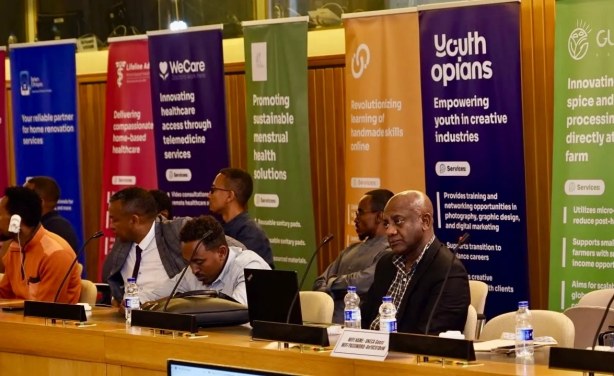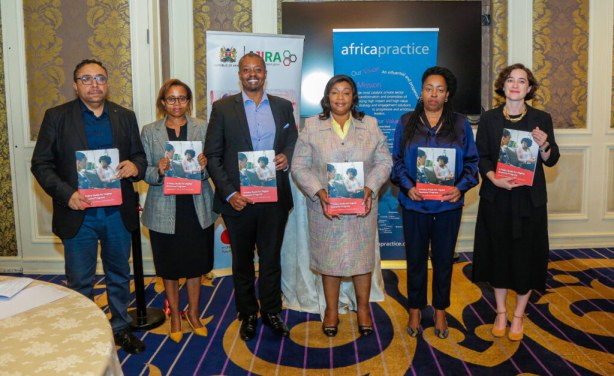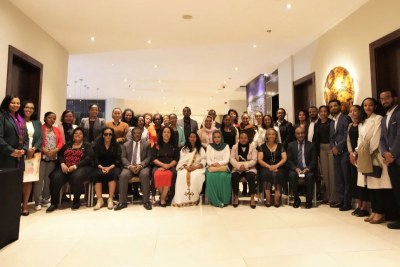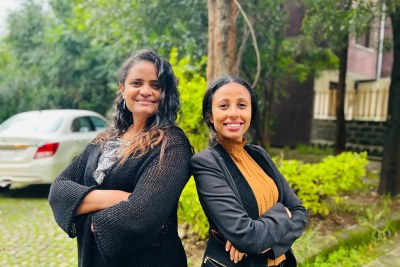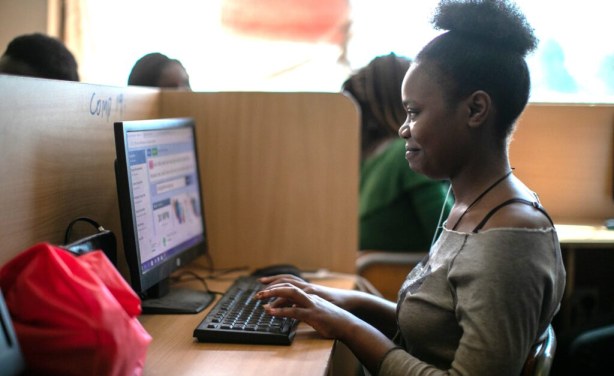
Formally recognized in 2007 under Kenya Vision 2030, Kenya’s gig economy significantly contributes to the overall GDP of the Information and Communication Technology (ICT) sector, increasing from 1.4 percent in 2017 to 2.4 percent in 2021. Currently, 1.2 million workers, most of whom operate within the informal sector, are employed in the gig economy. With the sector’s annual value estimated at USD 109 million, gig work has become a cornerstone of the digital economy.


